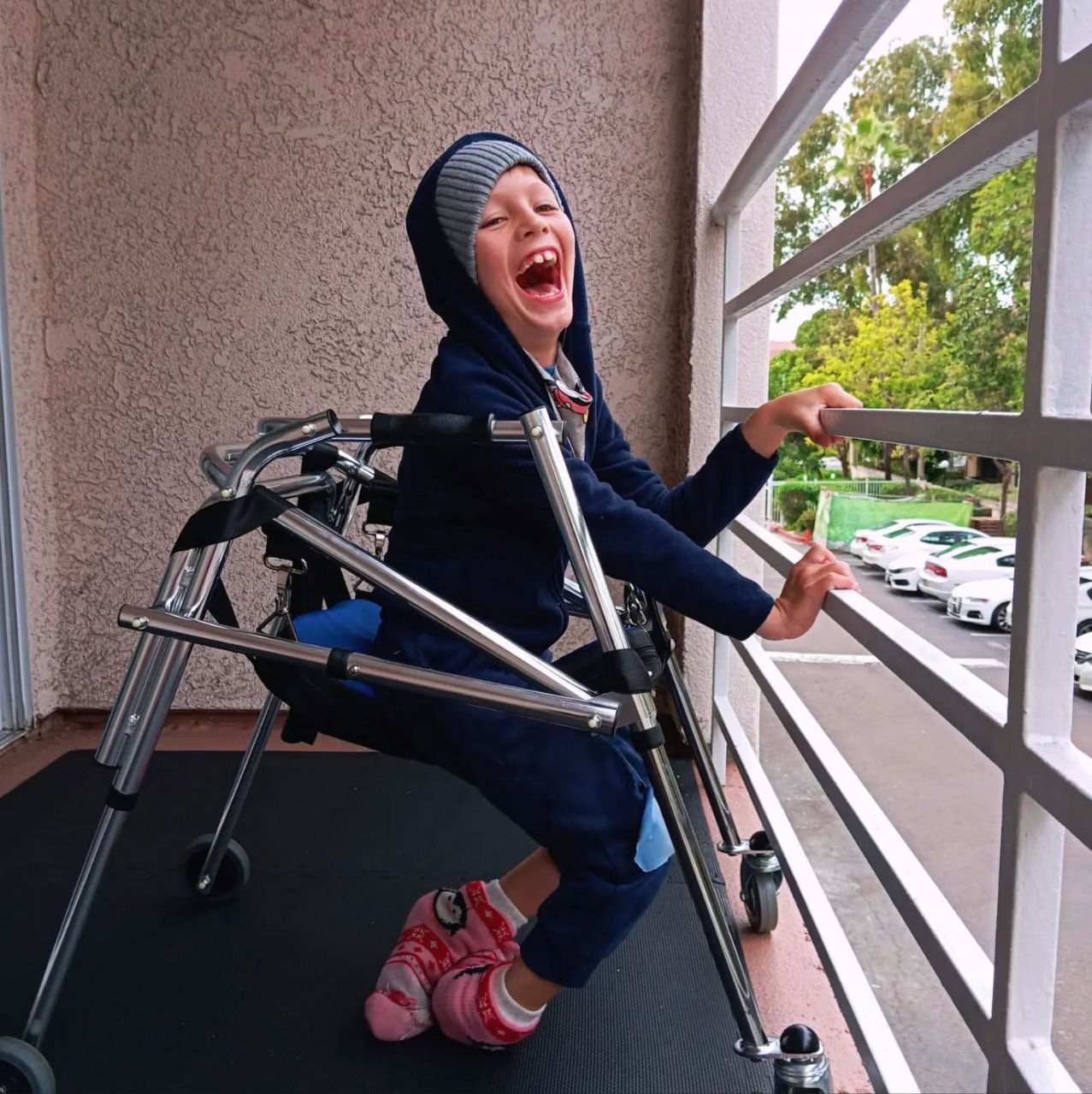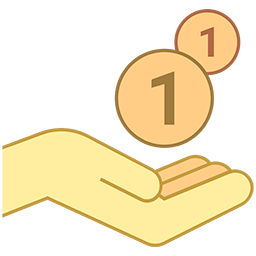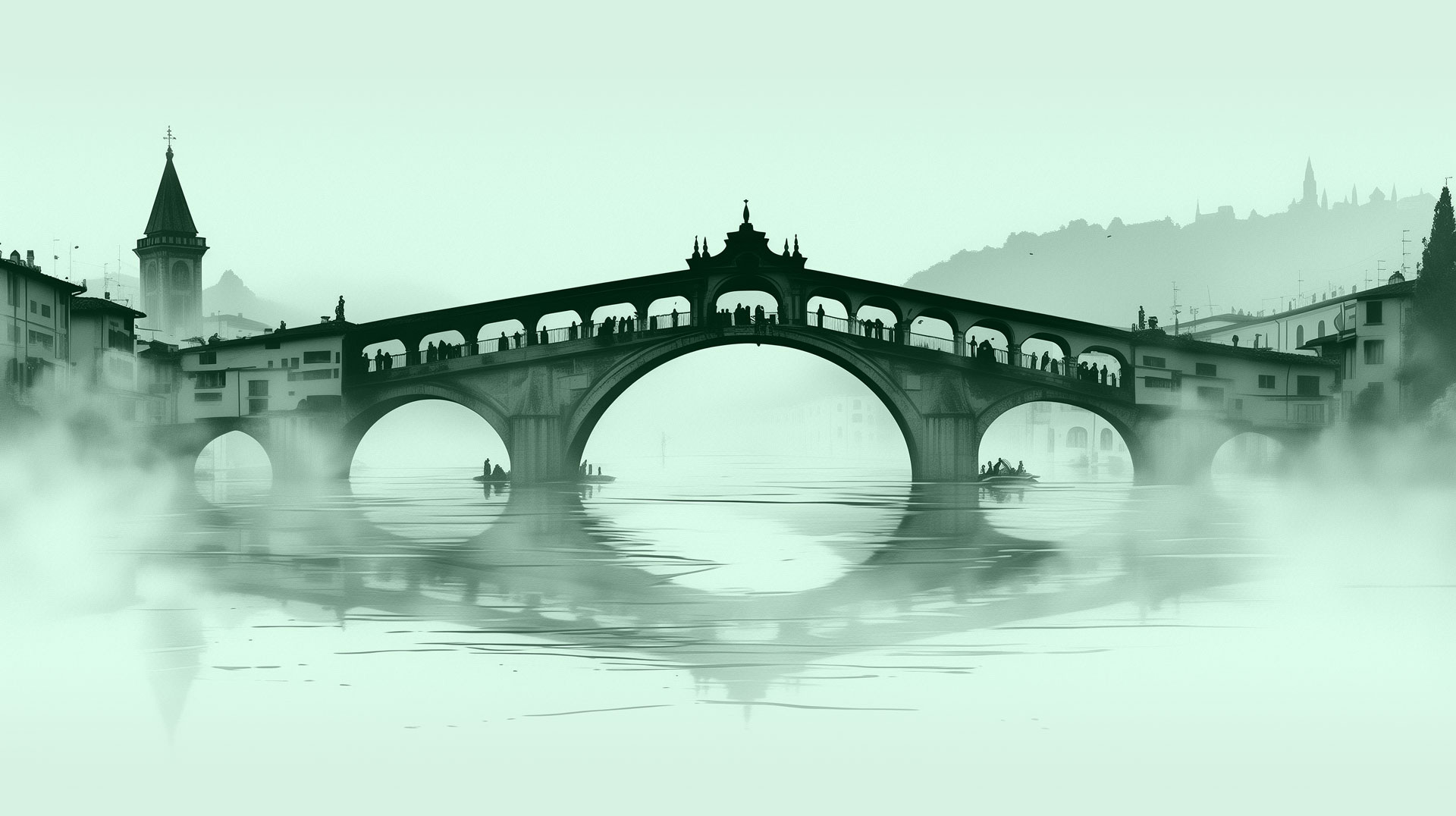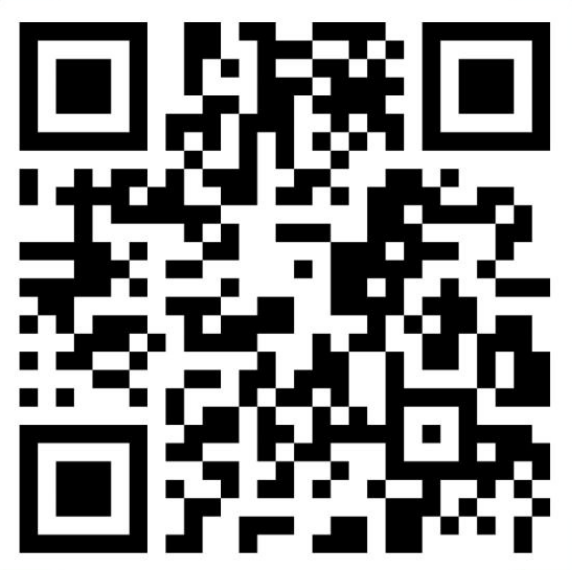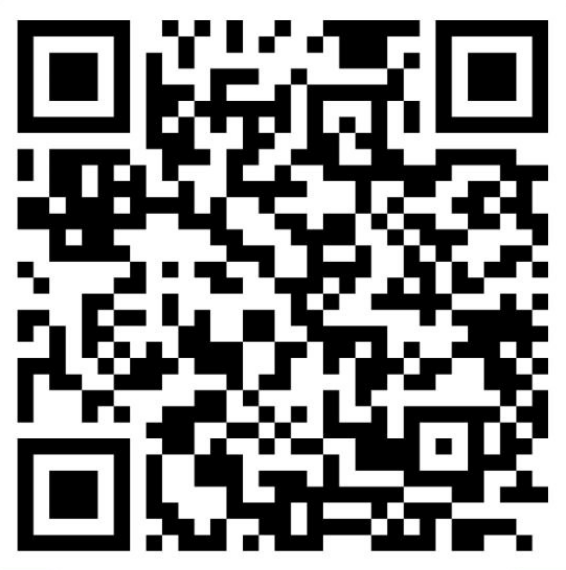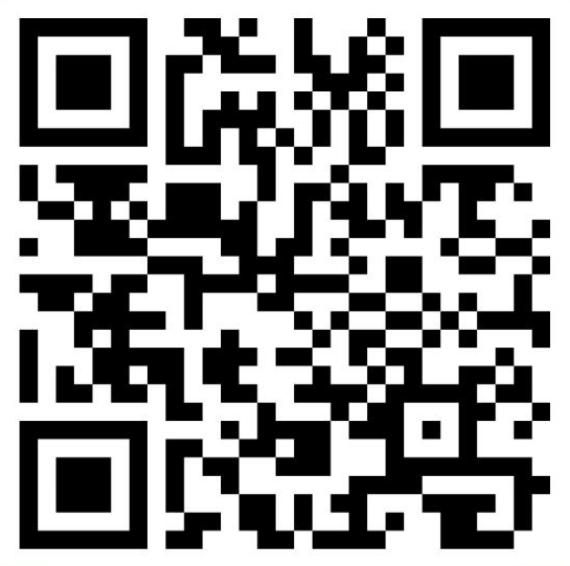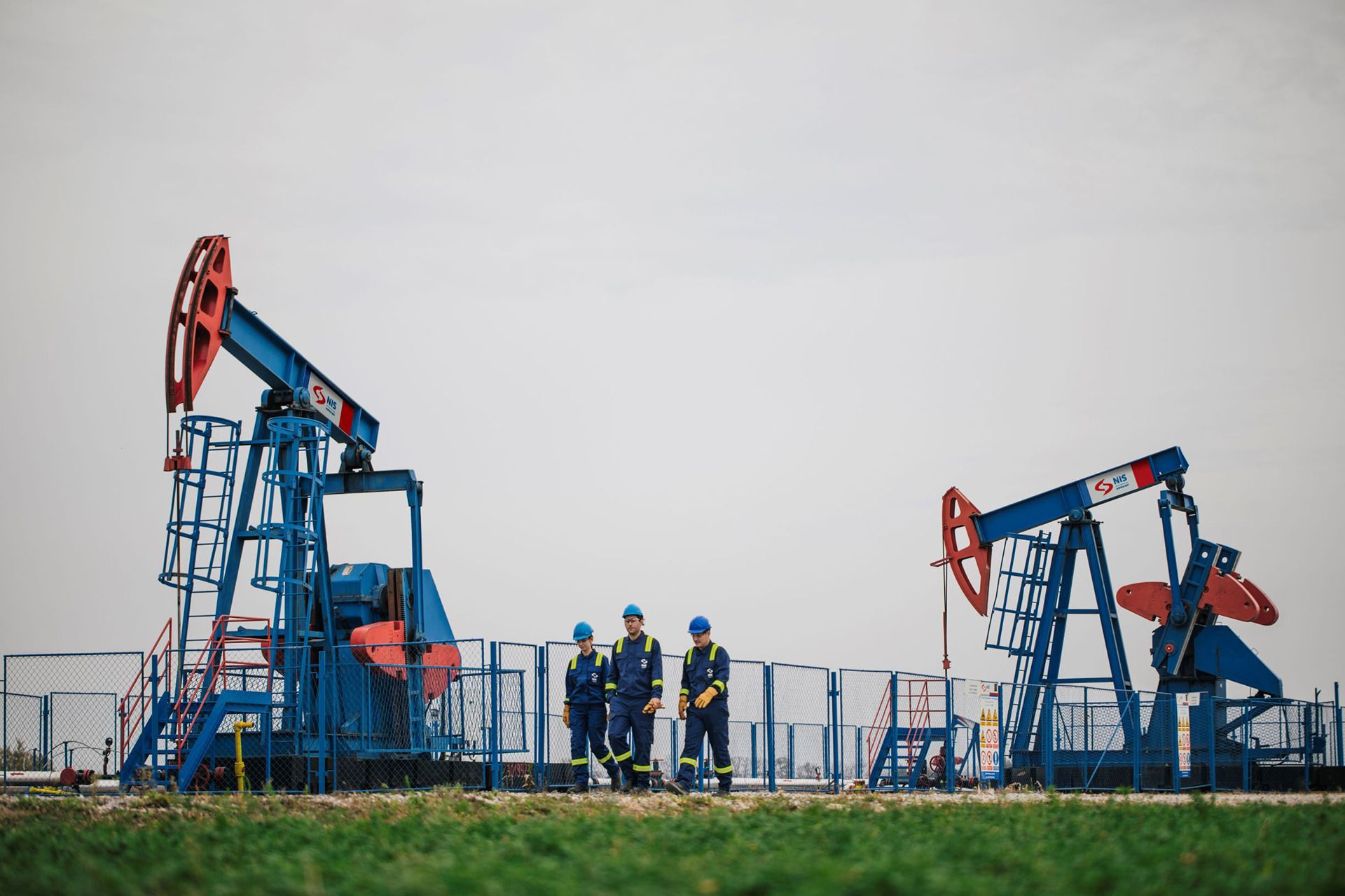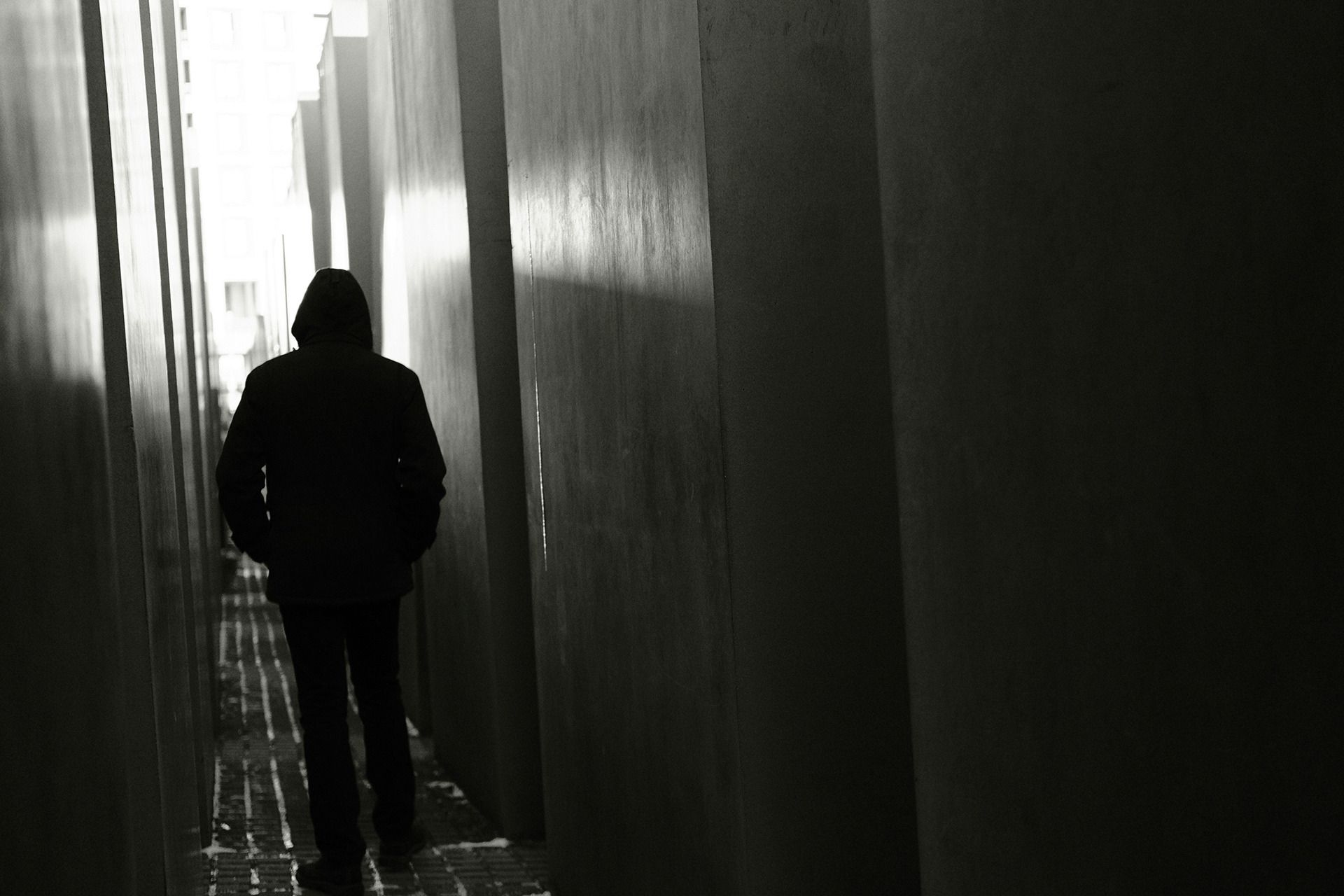Support the author!
Running Twice: First from the Regime, Then from Fate
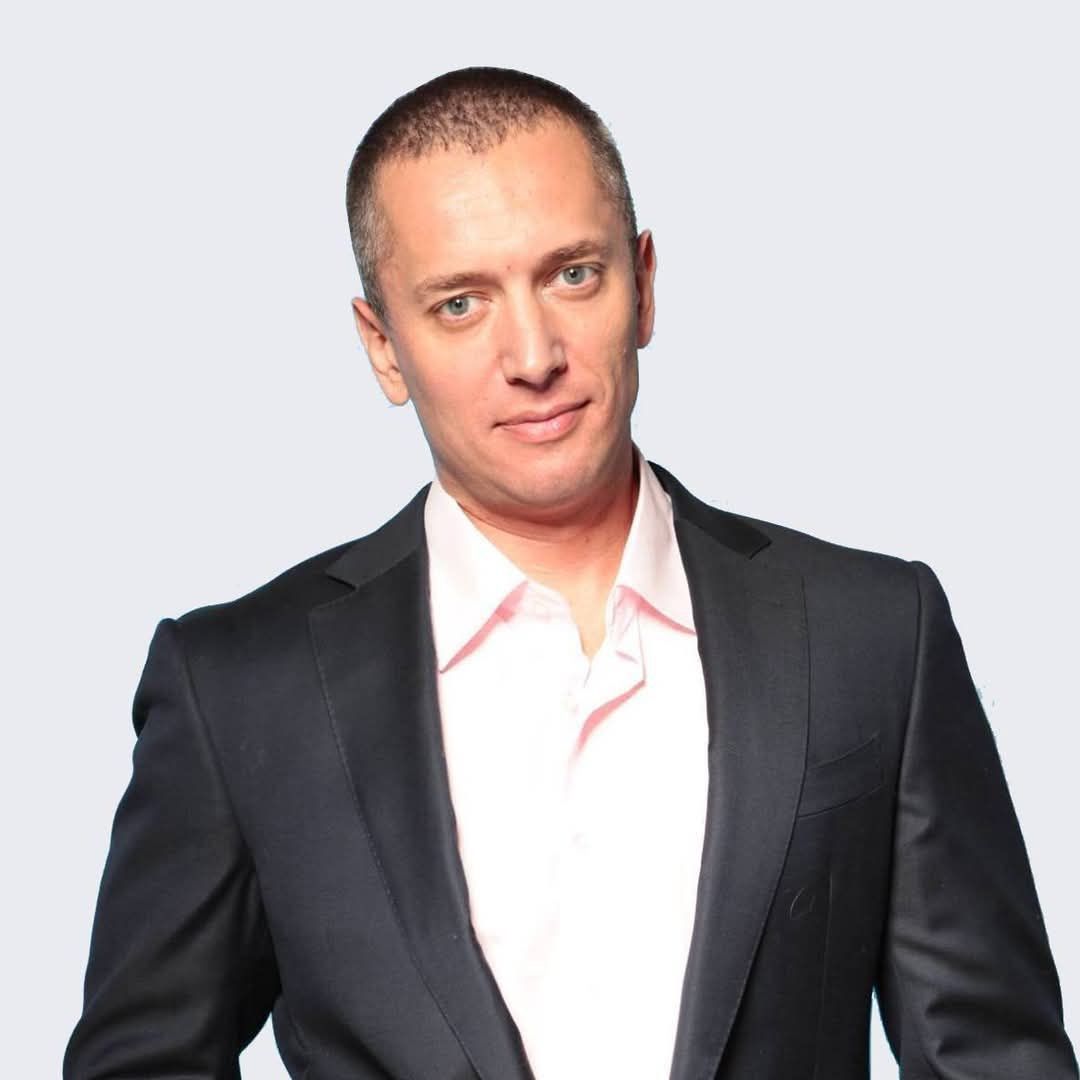
“Some fear pain, others—poverty, exile, death. But there is a special kind of fear—it doesn’t shout, it simply lives in the chest and squeezes it from within. It’s the fear for someone who cannot protect themselves. My fear is for David. In Russia, children like him have almost no chance. We don’t need to be told what awaits David if he is deported. We know. And we are afraid. We are not afraid for ourselves—but for him. He smiles. He lives. But if he is sent back to Russia—he simply won’t be.”
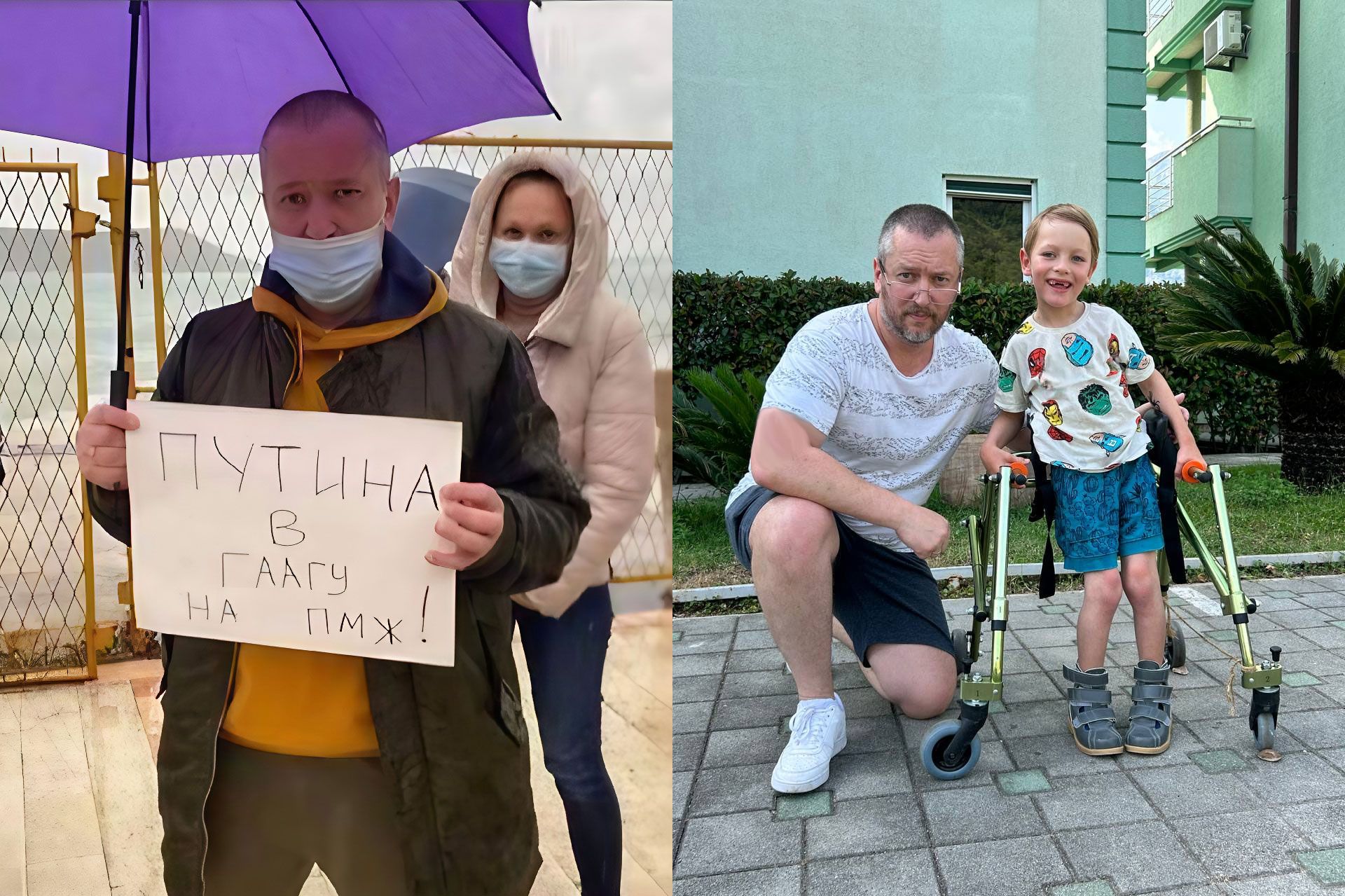
Our son cannot walk or speak, but his smile lights up everything around. For the sake of this smile, we ran: first from war and repression, then from fate, which in Russia too often turns into a death sentence for children like him.
We left Russia to escape political persecution. We lived for several years in Montenegro, where I continued my opposition activities—and it was there that new threats, surveillance, and eventually a physical attack caught up with us. In 2023, we were forced to flee again—this time to the United States. Here, for the first time, we felt we could breathe freely. But even now, we are haunted by a fear that borders cannot protect us from: if something happens to us, our son with severe disabilities could be deported. And for him, returning to Russia is almost a guaranteed path to a psychiatric nursing home, where disabled children often die from starvation and systemic neglect.
Before emigrating, I openly spoke out against’s policies for many years. Since 2012, I took part in many key protest actions—from supporting Pussy Riot at the Khamovnichesky Court in Moscow to anti-war rallies we organized in Montenegro. We stood against corruption, election fraud, repression, the poisoning and arrest of Navalny, and later against the war unleashed by the Kremlin against Ukraine. I was a participant in the Free Russia Forum, and my wife helped Ukrainian refugees. Threats came regularly, but we tried to ignore them—until in 2023, I was attacked. That’s when we realized staying in Montenegro was no longer safe.
The last straw was realizing that not only my life but my family’s life was now in danger. When the Russian consulate tells you “Think about the children,” it’s no longer a warning. It’s a sentence. We couldn’t take the risk. That’s when the decision was made to flee—to a country where the law still means something. We chose the United States.
Why the USA? Because here human rights are not just a formality. Here, though slowly and with difficulty, the legal system works; here people are not killed for their words. In this country, we found what we could only dream of in Russia: the chance simply to live. But even here, we lack the most important thing—certainty about the future. Certainty that our son will remain safe. That he will not be left alone—forgotten, defenseless, sent back to where we fled for his sake.
Fear Comes in Many Forms
Some fear pain, others—poverty, exile, death. But there is a special kind of fear—it doesn’t shout, it simply lives in the chest and squeezes it from within. It’s the fear for someone who cannot protect themselves. My fear is for David. In Russia, children like him have almost no chance. It’s enough just to know what happens to those who end up in nursing homes.
In 2023, in St. Petersburg’s Psychiatric Nursing Home No. 10, seven children and young people with severe developmental disabilities died in a short period. All from exhaustion, starvation, from simply being neglected. One of them—Alexey Delvari—died alone in a hospital bed because the nursing home didn’t send a car to pick him up. Another girl, Nastya Nemtsova, was tied across her bed. She weighed 14 kilograms. She was left untouched for weeks because there was “no one” to care for her.
For Russia, this is not an exception. It is the system!
We don’t need to be told what awaits David if he is deported. We know. And we are afraid. We are not afraid for ourselves—but for him. He smiles. He lives. But if he is sent back to Russia—he simply won’t be.
In Another Reality—David Grows Up
He attends an American elementary school. Not just attends—he learns, develops, interacts. Assistants work with him in class, helping him with everything from moving around to participating in lessons. He uses special equipment to communicate—pressing buttons, expressing wishes, responding to tasks. His program is individualized—designed around his needs, respecting his pace and abilities. And most importantly—he is surrounded by attention and love not only at home.
Such a level of education and care is, unfortunately, not just unattainable for Russia. It is civilizationally impossible. Because it’s not about the budget, but about values.
In a country where disabled people are shamed and healthy people humiliated—what can be said about a child who cannot speak or walk?
Russia is cruel to the weak. And merciless even to the strong.
But here—it’s all different. We don’t just survive—we raise a Human Being. David smiles, learns, becomes part of society. And that is what makes his life real.
But all this is conditional.
Our life here depends on the temporary status of asylum seekers. And every time a new administration “tightens the screws” again—allegedly to combat illegal immigration—those who came honestly, who did not break laws, who share this country’s values but find themselves extremely vulnerable, are caught in the crossfire.
At such moments, the heart stops. Because if the system decides that we “no longer need protection,” everything could end. End abruptly, by a single decree. And what has been so painstakingly built around David—his school, his world, his chance at life—would crumble in an instant.
In Europe, the situation of those who fled the regime is sometimes no better. People are kept in isolation for months, sometimes years, without the opportunity to live normally, work, study, or get medical care. Decisions on their cases are delayed; human destinies hang in the balance. No one knows when or how it will all end. And all this happens in countries that call themselves “free.”
The world is far from perfect. Even where the right words about rights and humanism are spoken, reality turns out to be different—cruel, blind, indifferent!
In Europe, there are people trying to change this. One of them is Ilya Yashin, who actively helps other political emigrants. He opened a public reception office in Berlin, personally visits refugee camps, collects stories, fights for the rights and fates of those easily forgotten. This commands respect and inspires hope.
Unfortunately, in the USA, we do not see such systemic support. There are no initiatives aimed specifically at helping those who fled Putin’s regime. Here, we are as if alone. In a foreign country, with faith in the law, but without the feeling that someone’s hand is nearby—in case the ground “slips out from under our feet” again.
We are not asking for pity.
We do not need sympathy.
We are talking about a system where a child who cannot walk or speak still has to prove their right to live.
David is not just our son. He is a mirror of humanity. He is a question: is the world capable of protecting those who cannot protect themselves?
Today—we are beside him. But no one knows what tomorrow will bring.
And if this story seems too personal to someone, so be it.
Because the universal begins with the personal.
And if one family, one smile, one fate cannot move the heart of the system…
Then the problem is not with us. The problem is with the world that needs to be changed.


